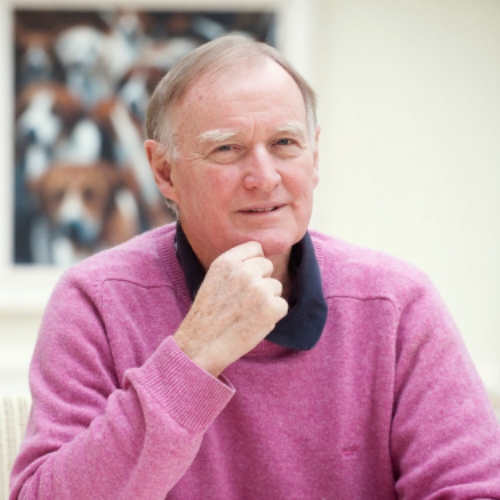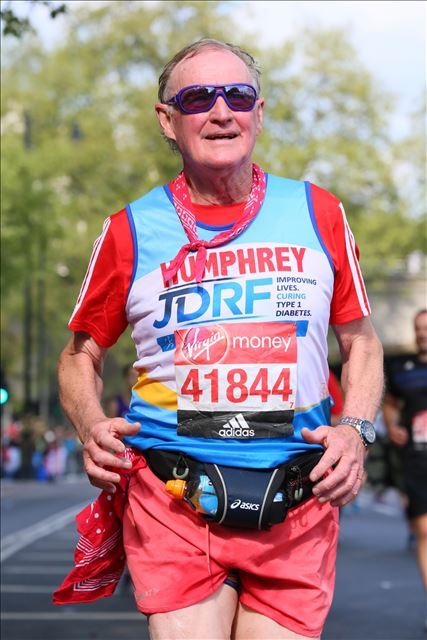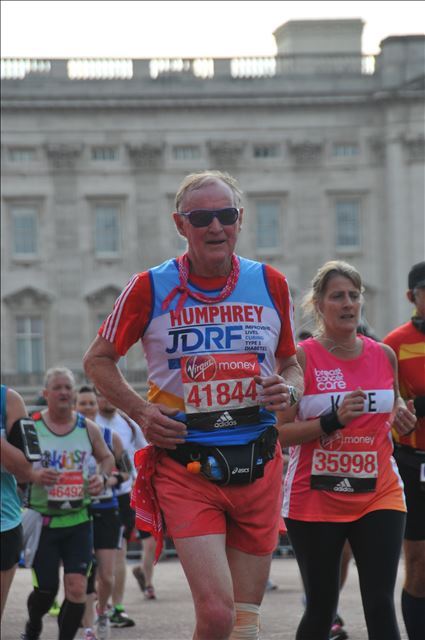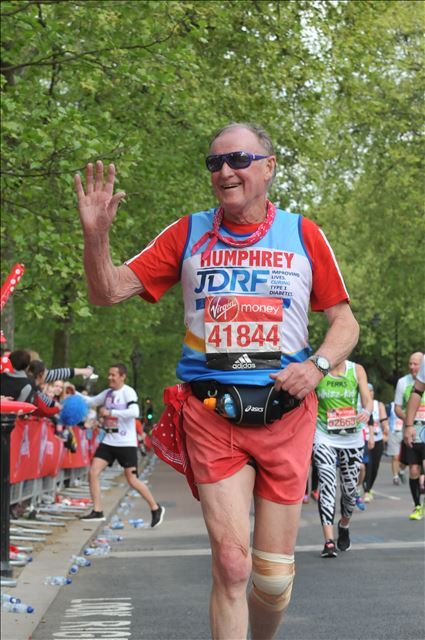Humphrey Walters works exclusively in helping individuals perform to high levels as well as developing winning teams and leaders for many Organisations and professional bodies.
He talks frequently to schools and heads of academic institutions on Leadership, personal motivation and team working skills, both for staff members and school leavers.
He also works with teams, which range from the England rugby team which won the world cup in 2003, premier division football teams, County cricket teams, schools, businesses, Government departments, Industry and professional bodies. He is heavily involved in Charity and sits on the boards of the RNLI and the Juvenile Diabetes research foundation.
In 1996/97 he completed the BT Global Challenge, dubbed “The World’s toughest round the World Yacht Race”, aboard Ocean Rover as a practical example of Leadership and Teamwork in a tough environment.
In 2006 he developed the team for JCB which gained the world land speed record for a diesel car at Bonneville Salt Flats in the USA. He also works with Chelsea Football Club and a Formula 1 team.
He has written extensively about High Performing Teams and Leaders and is the co-author of the book “Global Challenge” which is a study of Leadership and Teambuilding used during this arduous event. “Global Challenge” has sold over 50.000 copies and is in its 16th reprint. He has also written “The little book of Winning” which is a punchy book highlighting his winning ideas, The little book of inspiration with two Olympic athletes and the Little book of nutrition.
He is an active sportsman having been involved in rugby, squash at county level and cricket and has also completed over 48 marathons. He is also a qualified fixed wing and helicopter pilot.
Humphrey Walters was born in India and spent his early life in Africa and the Middle East. He was educated in England, Canada and the USA. He worked with David McClelland at the Massachusetts Institute of Technology and developed the “Achievement Motivation Programme” using his research into the motivation of teams and leaders.





After the game is over. After the stadium is empty and the fans have gone. After the papers have written the headlines and television has awarded the accolades to the few who took part – often forgetting those who supported the winning performance.
When all the fanfares are silent, and finally you are back in your room, the enduring thoughts you have are of all the people who have shown a dedication to excellence, to hard work and the satisfaction of a job well done.
There are also thoughts of realising you have tried to make something special of your own life, and that you may well have contributed to making the world a better place by inspiring others.
And above all, of learning that the unselfish effort of many is a precious gift – and for the courageous – dreams do come true.
— Humphrey Walters